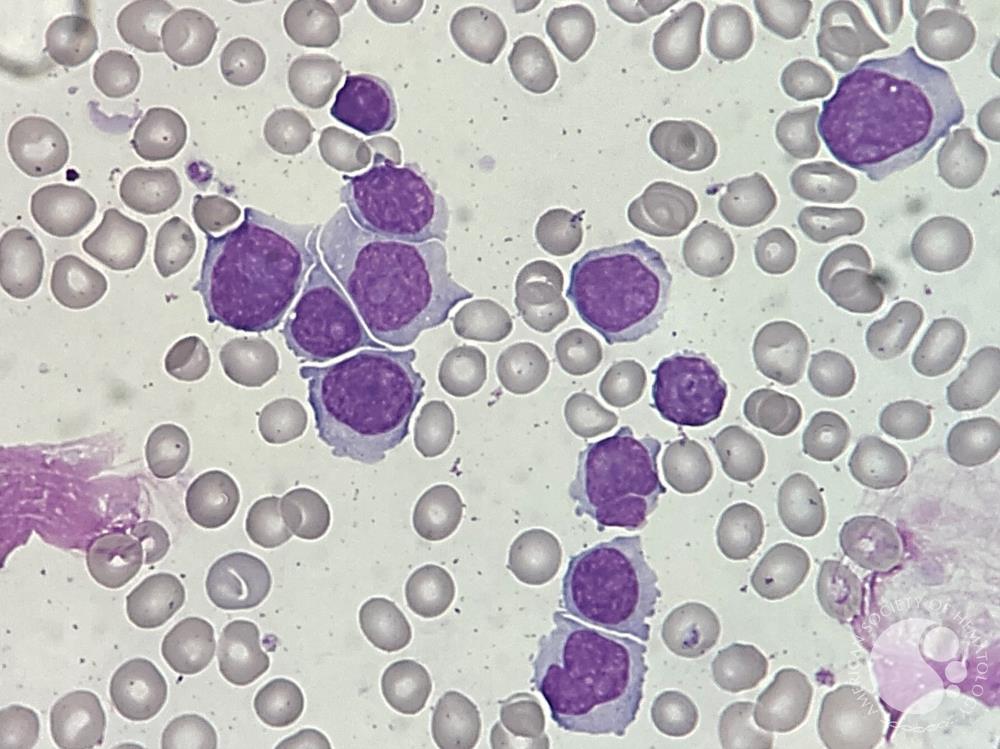In precision oncology, cancer patients are treated with drugs specifically designed to target distinct features of their tumors. Two years ago, Curious Dr. George asked the CEO of Travera how this company is helping more patients benefit from precision oncology. Here, he checks in with Dennis Watson, Vice President of Business Development, to see how Travera’s services have evolved.
Curious Dr. George: For too many patients, the promise of precision oncology has not yet been matched by reality. The goal of consistently selecting the right drug or drugs and dosages for specific cancers in order to make targeted therapy efficient has been elusive. But Travera has a unique approach. Is your live-cell, weight-based, Rapid Therapy Guidance testing process about the same as it was in 2023?
Dennis Watson: The testing process is essentially the same as it was in 2023, though it has expanded in many ways. The platform is now multi-parametric, measuring not only mass change but also taking single-cell volume, density, and morphology into account to expand the insights we can capture from each cell. Additionally, our platform now allows us to measure immune cells, extracted from a blood sample, to see how the physical properties of those T cells change in response to drugs known as immune checkpoint inhibitors.
Curious Dr. George: Has the number of U.S. Food and Drug Administration (FDA)-approved drugs for which you test changed?
Dennis Watson: We have expanded this list to include the primary payloads of many popular antibody-drug conjugates, and we have added a number of FDA-approved immunotherapies to use in conjunction with our expanded blood-based testing capabilities.
Curious Dr. George: How many cancer cases has your procedure been applied to?
Dennis Watson: We have tested well over 1,000 patient cases to date and are expanding this experience rapidly.
Curious Dr. George: Where can an interested reader learn more about your test offerings?
Dennis Watson: We welcome readers to learn more at www.travera.com and see if they qualify for our free Early Access Program at www.travera.com/eascreening.
Curious Dr. George: What is the best way for an oncologist, a pathologist, or a savvy patient to use your services?
Dennis Watson: They may reach me at dwatson@travera.com or email info@travera.com.




